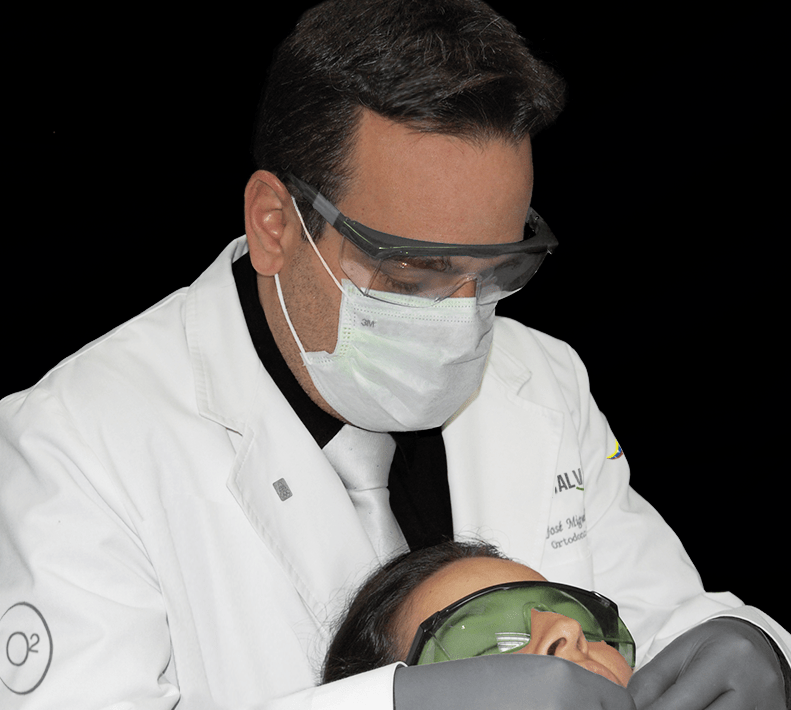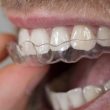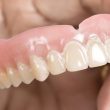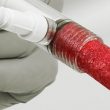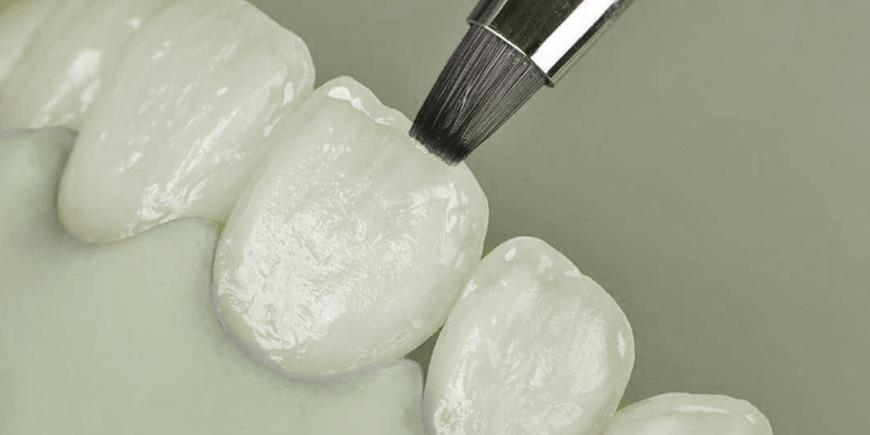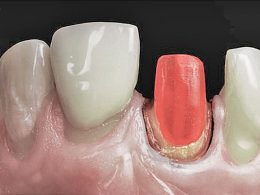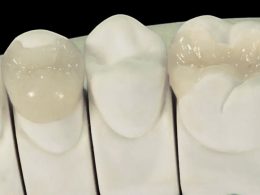Table of Contents
Dental bonding is a cosmetic treatment that uses composite dental resin to restore and reshape your smile. The resin is applied directly to your tooth, without removing any of your natural enamel. Then, it is shaped and sculpted to correct a wide variety of cosmetic issues, including gaps in your smile, chipping, and more.
Because it is affordable, non-invasive, and requires little time in the Dentist’s chair, bonding is a great option if you are interested in Cosmetic Dentistry, but you are on a limited budget or do not like the idea of a permanent treatment such as smile design and veneers.
What Are Composites or Dental Resins?
Composite resins are polymer-based materials used in Dentistry for aesthetic repairs. They are prepared by free radical polymerization, which in modern materials is visible-light initiated. Monomers are bulky, viscous substances that react to create an organic matrix that is tough and durable in clinical service.
Although their properties are not ideal, they are substantially improved by including finely divided inorganic powders, such as barium silicate glasses. Fluoride salts can be included to make the finished materials capable of releasing fluoride in the mouth.
Composites have a variety of clinical uses in tooth restoration and are usually employed by building up in increments. Composite resins are not adhesive, so are used with bespoke bonding agents to ensure fixation to the tooth surface.
When to Use the Dental Bonding Technique?
The cosmetic dental bonding procedure can be performed to address various tooth imperfections. You may undergo dental bonding if you have:
- Gapped Teeth If you have a gap between your two front teeth, the gap can be closed with dental bonding. During treatment, composite resin is applied to increase the width of the teeth and fill in the gap.
- A Chipped or Fractured Tooth A minor chip or tooth fracture in the front teeth or incisors can be filled in with composite resin. The composite resin can be used to add structure to the tooth, in the case of a chip. The material can also be used to fill in and mask any cracks.
- Tooth Stains or Discoloration Certain types of tooth stains do not respond well to teeth bleaching treatment. Instead, discoloration that is the result of a root canal infection, the use of certain medications or overuse of fluoride; can be masked with the composite resin material. The composite resin is applied to the affected tooth or teeth in layers, until the stains are no longer noticeable.
- Misshaped or Disproportionately Small Teeth Some patients naturally have misshaped teeth or teeth that appear too small in comparison to surrounding teeth. The composite resin material that is used in the dental bonding procedure can be used to augment your tooth structure, making the treated tooth appear longer or wider.
- Slight Misalignment In some cases, dental bonding can be used to address minor misalignment issues such as a twisted tooth or overcrowding.
However, if you need to restore most or all of your front teeth, an alternative treatment like veneers may be recommended, as they are more durable, long-lasting, and effective for treating multiple teeth.
Bonding also is not intended to restore damaged teeth. If a tooth is severely chipped or broken, a treatment like a dental crown is typically used instead.
The Dental Bonding Process
The dental bonding process is non-invasive and takes about 30-60 minutes per tooth. We will begin by cleaning your mouth. Numbing is not necessary, as no tooth material is removed during the bonding process.
Next, we will apply a special acid to each tooth that is being bonded. This roughens the surface slightly to ensure the bonding material can attach to your tooth properly.
Next, we will choose a tooth-colored resin to use on your tooth. We will apply it directly to the tooth and begin shaping and sculpting it until it looks just like a natural part of your tooth.
Finally, the bonding material will be hardened with a UV light, then trimmed to finalize its shape and appearance. This process will be repeated for each tooth that is being bonded.
Advantages of Dental Bonding
Chips, cracks, and other minor cosmetic imperfections can make you feel self-conscious about the appearance of your smile.
DENTAL VIP offers dental bonding as a simple and affordable way to conceal flaws in just one visit. It is a highly recommended technique because:
Cost-Effective
Bonding is an affordable treatment option which can hide stains, minimize gaps, fill cracks, and reshape teeth. Compared to similar treatment for these issues, such as veneers, dental bonding is highly cost-effective.
Reversible
With dental bonding, we only needs to gently etch the surface of your tooth to apply the composite resin material. Since there is little to no tooth alteration, bonding is reversible.
Quick
Our team can perform the entire bonding treatment in a single visit. In many cases, patients spend less than an hour in our office and walk out with significant results.
“Cracks, Small Fractures and Other Dental Imperfections, Can Be Successfully Corrected with Composite Resin Bonding”.
DENTAL TIP
How to Maintain Your Bonded Teeth
Dental bonding is more prone to staining and chipping unlike other treatments. That is why basic aftercare is needed so you can keep your bonded teeth looking natural and glossy. Here are some tips to keep your bonded teeth in good condition:
- Brushing Brush your teeth in the morning and once at night. Use toothpaste that contains fluoride and replace your toothbrush every 3 to 4 months to guarantee that your teeth are properly cleaned.
- Flossing When you floss your teeth, bring the floss up to the gum line and completely remove all plaque before you proceed to the next tooth.
- Drinking Water After Every Meal When you drink water after meals, you keep your mouth clean and healthy as water will help flush out food debris and lessen acidity levels in your mouth.
- Avoid Things that Stain Teeth Use of tobacco products like chewing tobacco or cigarettes causes yellow stains on your natural teeth and bonded teeth. Foods and drinks such as tea, red wine, juices coffee, and candies with artificial colouring; can also stain the teeth. If you smoke, this is a good reason to quit. If you often drink red wine, coffee or other foods with dark colours, cut down on these types of foods.
- Avoid Habits that Wear Down the Composite Resin Biting on fingernails or pens and on other objects can wear down the bonding material and enamel over time. The composite resin can easily chip, so it is best to avoid such activities.
- Visit Your Dentist Every 6 Months For a routine checkup and professional cleaning. The interfaces (joints) between your teeth and your resins are very prone to bacteria build-up and leakage. If you do not regularly polish your restorations, they will begin to fracture and fall off.
Restore and Reshape Your Smile in Venezuela!
Do you want to restore your smile and at the same time save a lot of money?
Dental bonding from DENTAL VIP in Caracas may be a great option for you. You can get more information about this cosmetic treatment today, by sending an Email or WhatsApp message so that our Professional Team can know your case, clear doubts and offer you the best treatment option.
Remember that We Are Just One Step Away!
